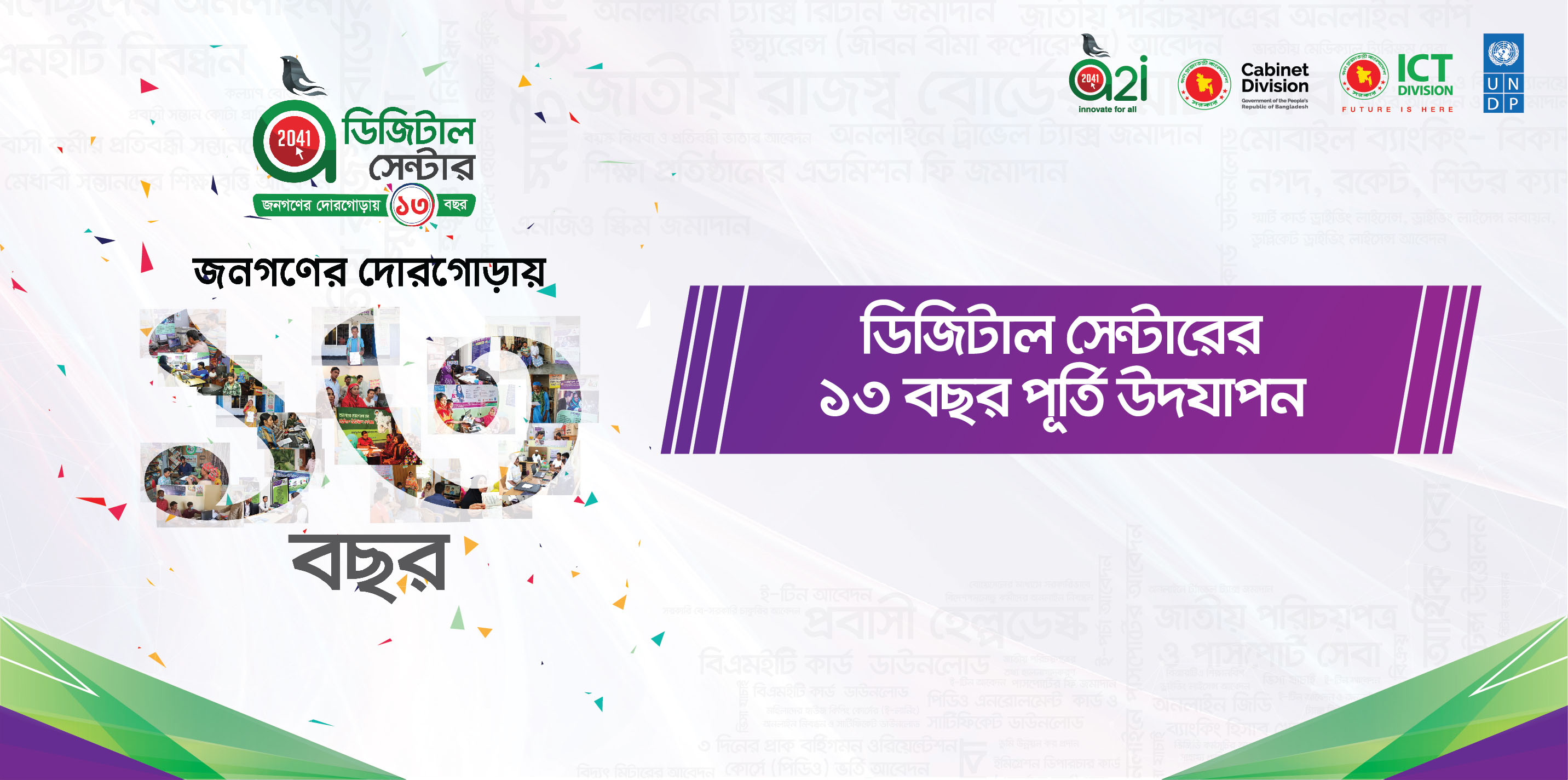-
About Union
Geographical & Economic
Miscellaneous
-
Union Parishad
Union Council
Activities of Union Council
-
Govt. Office
Agriculture
Land
Health Services
Social Service
-
Other Institutions
Educational Institutions
Religious Organizations
Organizations
-
Social Security Programme
List of Beneficiaries
Other listings
- Development projects
-
Services
UDC
National E-Service
- Gallery
-
About Union
Geographical & Economic
Miscellaneous
-
Union Parishad
Union Council
Activities of Union Council
-
Govt. Office
Agriculture
Land
Health Services
Social Service
-
Other Institutions
Educational Institutions
Religious Organizations
Organizations
-
Social Security Programme
List of Beneficiaries
Other listings
- Development projects
-
Services
UDC
National E-Service
-
Gallery
Photo Gallary
Video Gallary
Compulsory activities
· To maintain law and order and assist the administration in this regard;
· To take various measures to prevent crime, disorder and smuggling;
· Agriculture, tree planting, fishery, health, cottage industries, irrigation;
· To promote family planning activities;
· Promote local resources and ensure its use;
· Protection of public property like roads, bridges, culverts, dams, canals, telephones, electricity etc.;
· Review the development activities of other organizations at the union level and recommend it to the Upazila Nirbahi Officer if necessary;
· Encouraging the people to use health-sanitary latrines;
· To register birth and death, blind, beggar and the sick;
· Manage all types of census.
Optional Functions
Optional functions are mentioned in the first section of the first council of Union Parishad (Local Government) Ordinance, 1983. According to the government order and according to the financial norms, the Union Parishad can perform all or any action during the rule or time. Optional functions are:
· Highways and highway system and maintenance;
· Provision and maintenance of public places, open spaces, parks and playgrounds;
· Lighting the streets, highways and public places;
· Generally planting and preserving trees and planting and preserving trees in public places, highways and public places;
· Maintenance and management of graveyards, Shanshan ghats, public meeting places and other public property;
· Accommodation and storage of tourists;
· Prevention of entry and control of public roads, highways and public places;
To supervise the maintenance of rivers, forests etc. for the cleaning of the union;
· Ensuring collection, removal and management of dung and street garbage;
· To control criminal and dangerous business;
· Removal and control of dead animals;
· Animal zoo control;
· Construction and reconstruction of buildings in the union;
· Hazardous buildings and monuments;
· Arrangement and storage of wells, water harvesting, reservoirs, ponds and other water supply works;
· Measures to prevent drinking water source pollution;
· Sanction or regulation of harmful suspicious wells, ponds or other places of water supply or nearby baths, cloth raw or animal baths for public health;
Restriction of wetting of jute, jute or other trees in other places of the pond or water supply;
· Prohibition or control of skin color or rigidity in residential areas;
· Ban on the soil of the residential area and prohibit the lifting of stones or other clothes;
· Prohibition or control of construction of bricks, pottery or other roof of residential area;
· Enrollment of the sale of livestock or other livestock;
· Organizing fair and exhibition;
· Celebrating public festivals;
· Arranging the activities of fire, flood, hailstorm, storm, earthquake or other natural disasters;
· Helping the widows, orphans, the poor and the oppressed;
· Improve sports;
· Development and promotion of industrial and social development, cooperative movements and rural industries;
· To take measures for additional food production;
· Environment management work;
· Provision of control and control of cattle farming;
· Provision of first aid center;
· The arrangement of books and libraries;
· Cooperation with other organizations engaged in a similar nature like the Union Parishad;
· Assistance in the development of education through the direction of the Deputy Commissioner;
· Take measures for the safety, comfort, or other facilities required for the residents of the union or inspectors.
The responsibility of social, economic and development work has been entrusted to the union council and the municipalities and development activities. These responsibilities are divided into four categories namely-
(A) Communication;
(B) education, agriculture, health and family welfare;
(C) supply of the local water;
(D) Culture and social welfare.
Planning and Implementation: Cabinet Division, A2I, BCC, DoICT and BASIS









